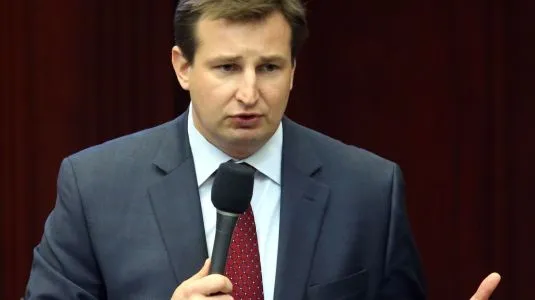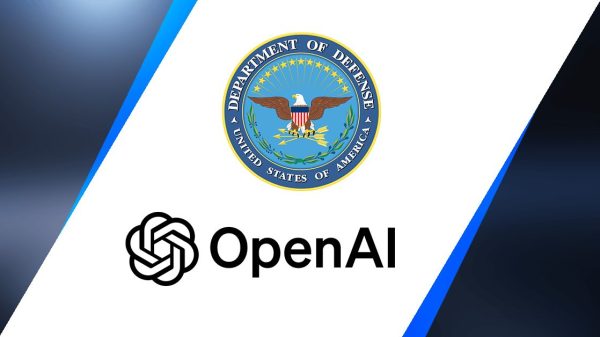The state of Florida is considering a new law that would require political bloggers to register with the state and disclose any payments they receive for posts about elected officials, including the governor and lieutenant governor. The bill, filed by Senator Jason Brodeur, would also require bloggers to disclose who paid them and how much, as well as provide information about where the post is located online. This proposal has sparked a heated debate about the balance between freedom of speech and government regulation.
Critics argue that the bill infringes on the First Amendment right to freedom of speech, threatening to bring critics to heel and limit online discourse. The First Amendment Foundation and the American Civil Liberties Union of Florida have both spoken out against the proposal, labeling it “un-American to its core” and a clear violation of the First Amendment. These organizations are concerned that the bill could have a chilling effect on political speech, deterring bloggers and online commentators from expressing their opinions due to the potential fines and legal repercussions.
On the other hand, Senator Brodeur and Governor Ron DeSantis argue that the bill is necessary to bring transparency to the blogosphere and prevent pay-to-play schemes. DeSantis has made it a priority to criticize the media and exert control over the flow of information, and the blogger registration bill may be seen as a way to further this agenda. The proposed law would not apply to content posted on the website of a newspaper or similar publication, likely excluding mainstream news outlets from the requirement.

Senator Jason Brodeur (Via Jason Brodeur/Twitter)
The debate surrounding this bill highlights the ongoing tension between freedom of speech and government regulation. While some argue that disclosure requirements are necessary to promote transparency and prevent corruption, others see it as a threat to the First Amendment and the flow of information online. The unintended consequences of such a bill could be severe, potentially stifling political speech and discouraging online engagement.
The proposal has also raised concerns about the potential for government overreach and the regulation of the internet. The bill may be seen as an attempt to exert control over online discourse, which could have far-reaching implications for free speech and the dissemination of information. As the proposal moves forward, it remains to be seen how it will impact the blogosphere and the broader terrain of online political discourse. Will Florida’s blogger registration bill promote transparency, or will it stifle free speech and threaten the integrity of online information?











































